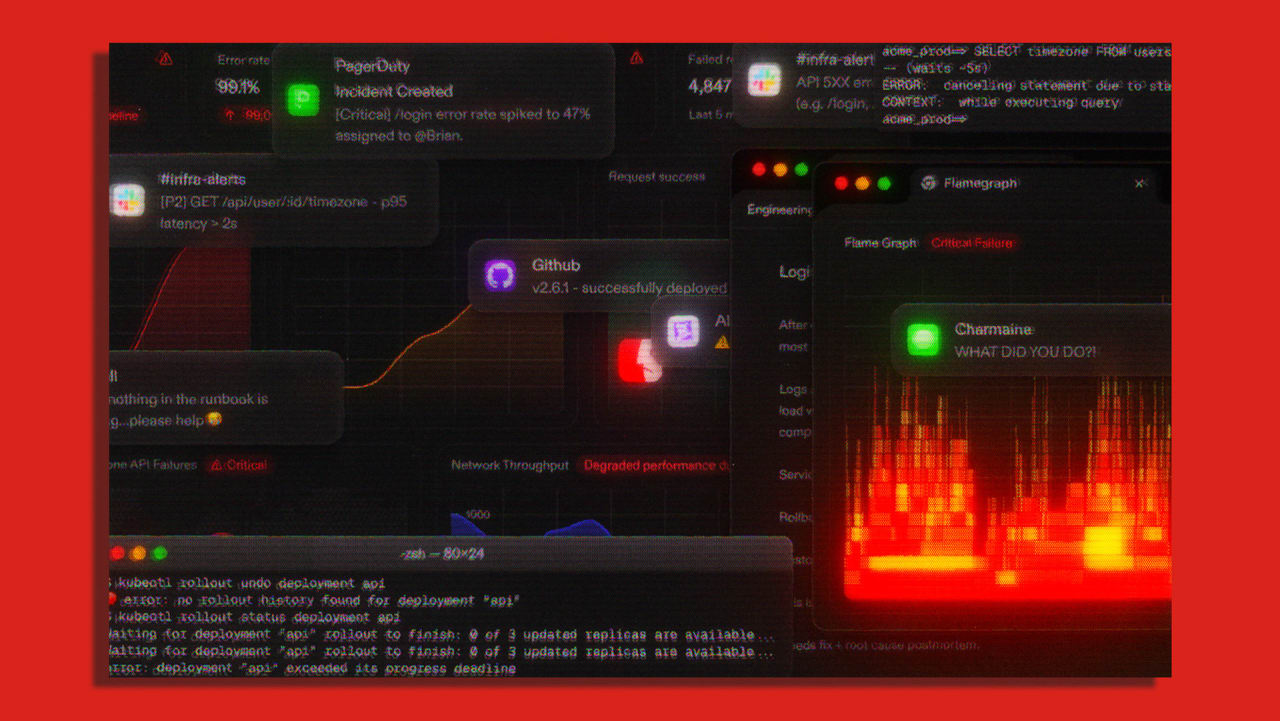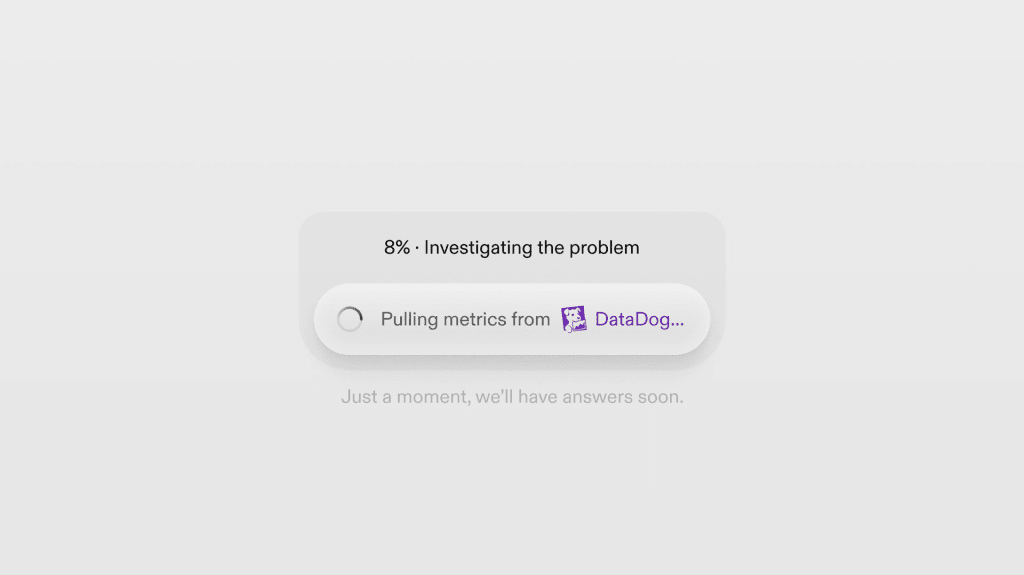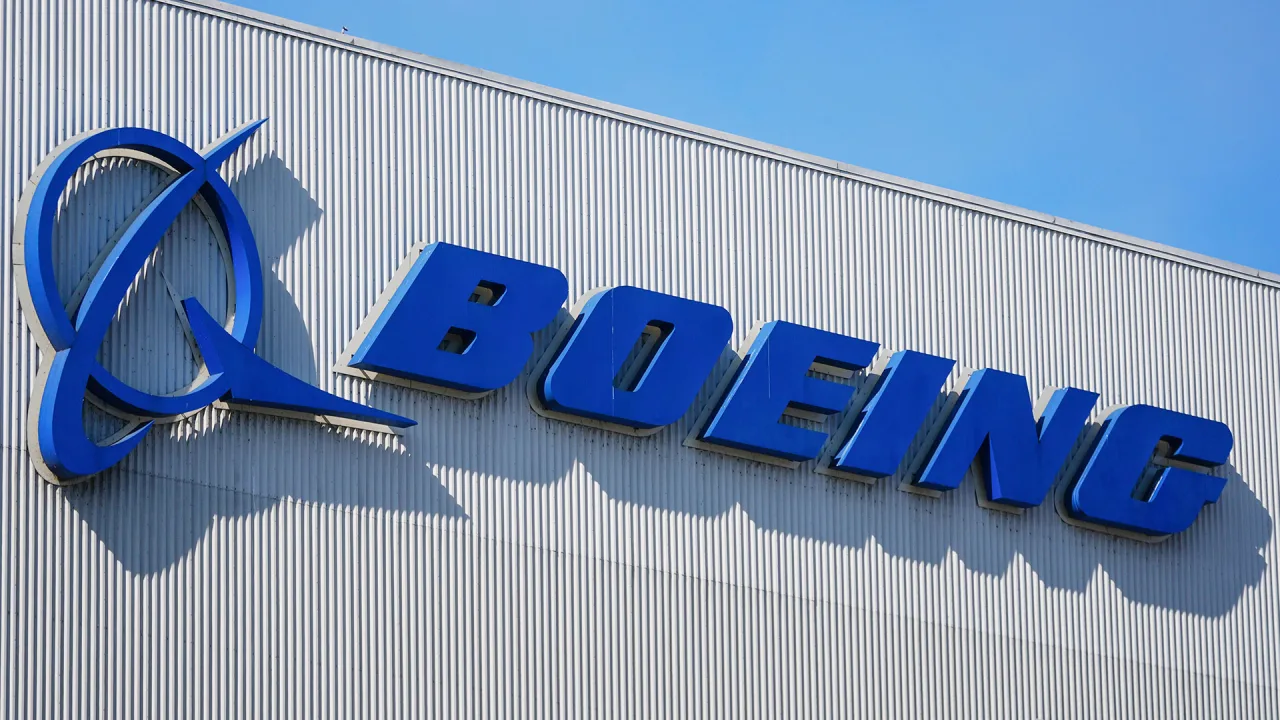This startup wants AI to help manage software infrastructure, not just write code
Many developers find that AI programming assistants have made writing code easier than ever. But maintaining the infrastructure that actually runs that code remains a challenge, requiring engineers to have detailed knowledge of complex cloud systems and how their companies use them. A startup called Antimetal is working to harness AI to guide engineers through resolving issues with software infrastructure in much the same way existing tools help them write code. “We’re going to investigate that by piecing this data together, telling you this really thorough narrative of what happened and why, and leading you to prescriptive actions about what you should do next,” says Antimetal cofounder and CTO Shreyas Iyer. The company began about two-and-a-half years ago, initially focusing on helping businesses optimize their spending on Amazon Web Services. The cloud platform is known for offering a vast range of infrastructure for startups and enterprises to run software online, but it’s also notoriously difficult to optimize for cost. Unexpected events—such as a surge in app popularity or a simple coding or configuration issue—can trigger sudden spikes in costs as metered resources are consumed more rapidly than anticipated. Antimetal’s software can automatically recommend ways to reduce monthly bills and quickly alert engineers to unexpected cost spikes before they cause financial strain. But, says cofounder and CEO Matthew Parkhurst, cost management was only the starting point for building a broader AI-driven infrastructure management platform. “Cost is still very important to us,” he says. “But now we’re going a bit more broad in terms of more holistic management.” [Image: Courtesy of Antimetal] Antimetal, which recently secured a $20 million Series A funding round, is now beta testing technology that helps engineers address infrastructure issues as they arise. The AI can offer suggestions or automate tasks such as rolling back code or restarting systems to fix problems. It also integrates with a wide range of platforms, including code repositories like GitHub, logging and monitoring tools, and major cloud providers like AWS, Google Cloud Platform, Microsoft Azure, and Oracle Cloud Infrastructure. This allows it to fetch relevant data and propose potential solutions. It can even tap into companies’ ticketing platforms to understand how previous issues were resolved. “What we’re doing to start is plugging into effectively every surface area of your infrastructure stack, your observability platform, your cloud, your ticketing system, your source code,” Iyer says. The software, expected to be publicly available later this year, is designed to learn how individual customers prefer to approach various issues, and which solutions tend to be most effective. Many customers begin by granting read-only access, allowing the software to analyze data and offer insights without making changes. As trust grows, they can assign more granular permissions—such as letting it roll back problematic configuration changes on its own. “We’re not trying to jump to full automation out of the gate,” Iyer says. “We want to build this sort of incremental flow from being an autopilot and assisting you in your time of need to actually automating.” Looking ahead, Antimetal also aims to assist with new software deployments. The system could help teams anticipate potential issues and set up the necessary infrastructure to support new code from day one, Iyer says. The company’s original pricing model for its cost optimization tool was based on a percentage of customers’ AWS spending. Parkhurst says pricing for the new AI capabilities will likely be usage-based, though specifics are still being finalized while the product is in beta. He sees strong demand for AI that can support the scaling and maintenance of software products—a task that for many companies is now more daunting than writing the code itself. “Writing code is not the hardest thing anymore,” Parkhurst says. “It’s maintaining it that is, by far, the biggest issue when building a company, or really anything, and serving it to the world.”

Many developers find that AI programming assistants have made writing code easier than ever. But maintaining the infrastructure that actually runs that code remains a challenge, requiring engineers to have detailed knowledge of complex cloud systems and how their companies use them.
A startup called Antimetal is working to harness AI to guide engineers through resolving issues with software infrastructure in much the same way existing tools help them write code.
“We’re going to investigate that by piecing this data together, telling you this really thorough narrative of what happened and why, and leading you to prescriptive actions about what you should do next,” says Antimetal cofounder and CTO Shreyas Iyer.
The company began about two-and-a-half years ago, initially focusing on helping businesses optimize their spending on Amazon Web Services. The cloud platform is known for offering a vast range of infrastructure for startups and enterprises to run software online, but it’s also notoriously difficult to optimize for cost. Unexpected events—such as a surge in app popularity or a simple coding or configuration issue—can trigger sudden spikes in costs as metered resources are consumed more rapidly than anticipated.
Antimetal’s software can automatically recommend ways to reduce monthly bills and quickly alert engineers to unexpected cost spikes before they cause financial strain. But, says cofounder and CEO Matthew Parkhurst, cost management was only the starting point for building a broader AI-driven infrastructure management platform.
“Cost is still very important to us,” he says. “But now we’re going a bit more broad in terms of more holistic management.”

Antimetal, which recently secured a $20 million Series A funding round, is now beta testing technology that helps engineers address infrastructure issues as they arise. The AI can offer suggestions or automate tasks such as rolling back code or restarting systems to fix problems. It also integrates with a wide range of platforms, including code repositories like GitHub, logging and monitoring tools, and major cloud providers like AWS, Google Cloud Platform, Microsoft Azure, and Oracle Cloud Infrastructure. This allows it to fetch relevant data and propose potential solutions. It can even tap into companies’ ticketing platforms to understand how previous issues were resolved.
“What we’re doing to start is plugging into effectively every surface area of your infrastructure stack, your observability platform, your cloud, your ticketing system, your source code,” Iyer says.
The software, expected to be publicly available later this year, is designed to learn how individual customers prefer to approach various issues, and which solutions tend to be most effective. Many customers begin by granting read-only access, allowing the software to analyze data and offer insights without making changes. As trust grows, they can assign more granular permissions—such as letting it roll back problematic configuration changes on its own.
“We’re not trying to jump to full automation out of the gate,” Iyer says. “We want to build this sort of incremental flow from being an autopilot and assisting you in your time of need to actually automating.”
Looking ahead, Antimetal also aims to assist with new software deployments. The system could help teams anticipate potential issues and set up the necessary infrastructure to support new code from day one, Iyer says.
The company’s original pricing model for its cost optimization tool was based on a percentage of customers’ AWS spending. Parkhurst says pricing for the new AI capabilities will likely be usage-based, though specifics are still being finalized while the product is in beta.
He sees strong demand for AI that can support the scaling and maintenance of software products—a task that for many companies is now more daunting than writing the code itself.
“Writing code is not the hardest thing anymore,” Parkhurst says. “It’s maintaining it that is, by far, the biggest issue when building a company, or really anything, and serving it to the world.”







































































![https //g.co/recover for help [1-866-719-1006]](https://newsquo.com/uploads/images/202506/image_430x256_684949454da3e.jpg)























![[PATREON EXCLUSIVE] The Power of No: How to Say It, Mean It, and Lead with It](https://tpgblog.com/wp-content/uploads/2025/06/just-say-no.jpg?#)

























































